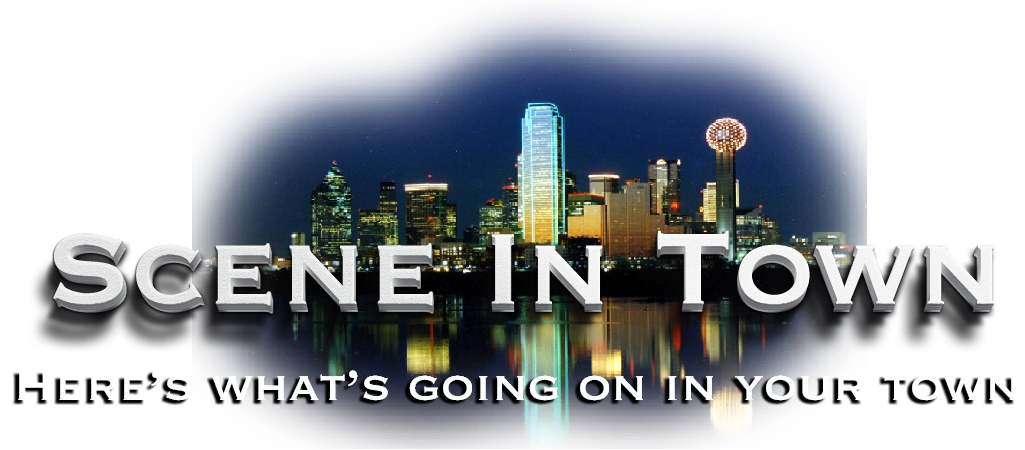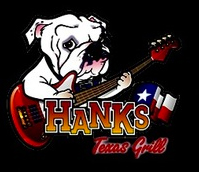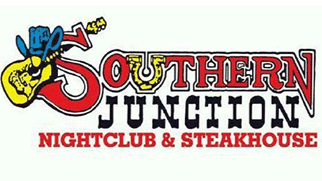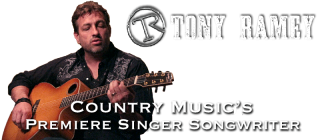Some Common But Unusual Music Terms

Larry Martin
Story and Photos By Mary Jane Farmer — This article first appeared in a 2014 issue of Buddy Magazine
I’ve often been intrigued by words, and curious about their origins. I often read the script as I watch a Shakespeare play, marking and noting all the many words and phrases we hear often, that The Bard coined himself, such as “hobnob” and “all that glitters is not gold.” Then, one day on good ol’ Facebook, I saw one of the words in the list below for the first time, and it was defined, and that made me more curious about others. So, here’s a little bit I found out.
Gig —Slang for a musical engagement. Originally coined in the 1920s by jazz musicians, the term, short for the word “engagement,” now refers to any aspect of performing such as assisting with performance and attending musical performance.

Randy Crouch
Gurm — A term created in Nashville, used to describe an irritating, over-zealous fan, one who won’t stop at simply being a fan of the music. A gurm (begins with a hard g, as in ‘gig’ above) tries to find a way to be involved in the musician’s life somehow. A fan who talks his way backstage, who bothers the artist or band in a restaurant while they eat, or in a store while they shop. A gurm oversteps normal boundaries.
The first time I met Randy Travis, unexpectedly, I just sat in my chair, tucked my head down, and chanted silently, “Don’t go gurmy, don’t go gurmy, don’t go gurmy,” and the chant worked. But then, when I got to meet Reba face to face, I’ll admit to being a tad-bit gurmy with her. Sorry, Reba.
Busk — “He got his musical start by busking the streets of Berkeley.” To busk means to play music on the streets for donations, aka tips. This term started in the mid-17th century, a spin-off of the French word busquer, or the Italian buscare, or the Spanish buscar. The term later meant to ‘go around selling,’ then by the mid-19th century, ‘go around performing.’
Askhole – Someone who asks the musician a question in the middle of his song.

Dustin Perkins
Cover — A song performed or recorded later on by another artist. The origin clearly seems to be in terms of “covering” the market in a business sense. The music industry before radio was much more regional and the term, if it were around then, could simply have had a geographical sense. Several sites say it dates back to the turn-of-the-century Tin Pan Alley days and likely that the business practice was entrenched and only slightly modified during the period of R&B covers by white rock and roll artists. It is now morphed to describe the performance of old songs and previously-recorded material. Don McLean, of “American Pie” fame, disagreed on the Website Metafilter.com, but said that “Madonna did not cover ‘American Pie,’ she just sang an old song, and made an old songwriter mighty happy.”
Karaoke — The word itself comes from combining two Japanese words. “Kara” comes from karappo, meaning ‘empty,’ and “oke” is a shortened version of the word okestura, meaning ‘orchestra.’ So, the word Karaoke literally means empty orchestra. One source said it began several decades ago in Kobe, Japan, and others attribute its origin to the 1950s cartoons and television shows where people sang along to words on the screen, with the tempo kept by a ball bouncing in time over the words.

John Anderson
OK, Shakespeare didn’t invent these words, but a Google search will show hundreds of words and phrases he did make up, from Alligator to Zany.
Thanks to Merriam-Webster, Wikipedia, Ask MetaFilter, and KaraokeKanta Websites for much of this information.
Category: *- Features, Van Alstyne News












